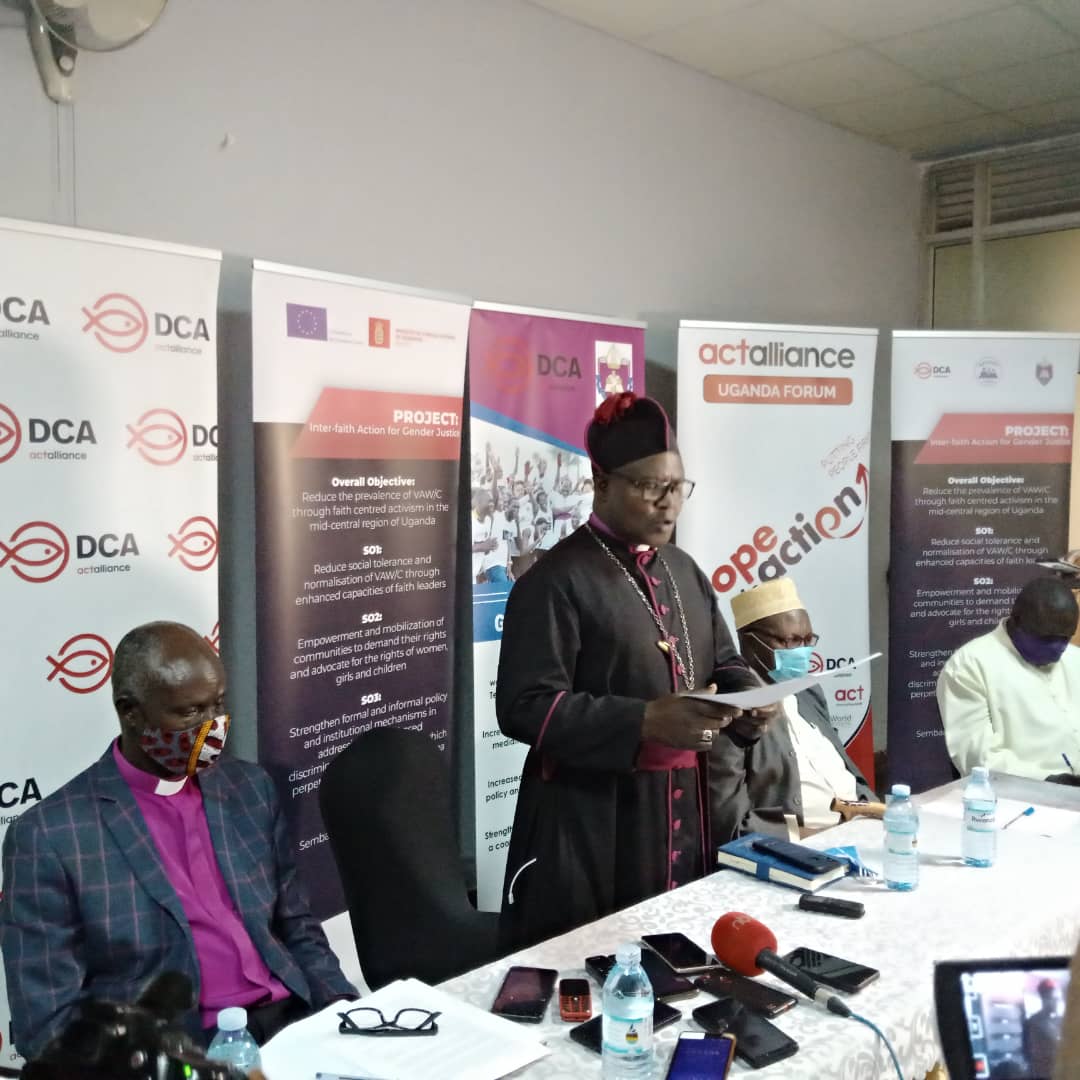 The Virtual Interactive Dialogue on building alliance for women’s full and effective participation in public life, hosted by UN Women as part of the 65th Session of Commission on the Status of Women (CSW) attracted both state and non-state actors to provide statements on how governments and civil society organisations (CSOs) have promoted women’s participation in decision making spaces life and removed barriers to their participation.
The Virtual Interactive Dialogue on building alliance for women’s full and effective participation in public life, hosted by UN Women as part of the 65th Session of Commission on the Status of Women (CSW) attracted both state and non-state actors to provide statements on how governments and civil society organisations (CSOs) have promoted women’s participation in decision making spaces life and removed barriers to their participation.
The goal of the session was to reflect on what States and CSOs can do together to increase gender parity, especially given that only 22 countries have a woman head of state, 119 countries have never had a woman leader and only 14 countries have reached a 50:50 gender parity in cabinet (UN Women).
Faith actors remain key in transforming policy and practice. As faith actors ourselves, ACT engages with faith structures and faith communities through our 135 members across 120 countries. The ACT delegation to this year’s CSW is over 60 people strong.
I was privileged to be part of States and CSOs who provided oral statements during the 2-hour long session, where I shared about how ACT Alliance’s work is at the heart of building collaboration and partnerships.
Alliance building is what drives the membership in ACT for transformative and sustained work towards changing the lives of people and marginalized groups regardless of their gender, politics, race, or religion. ACT’s work supports faith leaders as powerful influencers, who have an ever-increasing role to play in promoting women’s engagement in public life.
Effective alliances require first building faith leaders’ capacity to be valuable allies across multi-faith groups and with CSOs, and- most importantly- for the women. This includes understanding the human rights normative frameworks, using faith inspired methodologies like SASA faith which is based on shared faith values of peace, dignity and justice, and how these interact with gender and power relations in faith communities as well as the first man standing male role modelling strategy which looks at men and boys in their diverse roles in society with an a responsibility to nurture healthy relationships based on notions of positive and transformative masculinity. Such methodologies facilitate reflections on faith traditions and values which promote gender justice, and many times use the inspiration to revisit the faith traditions- especially those that propagate harmful tradition practices that further the exclusion of women in decision making spaces.
Resulting from the enhanced capacity, we now see many faith actors joining the commemoration of the 16 Days of Activism campaign and sometimes leading country level actions. Faith leaders are transitioning from the pulpit as their only space of influence to parliaments to advocate for progressive laws which promote the safety and security of women, working with the line ministries, Justice Law and Order sectors to monitor the implementation of key legislation and making their voices heard on the situation of women human rights defenders (HRDs). For instance, in Africa, faith leaders are contributing to electoral reforms for more inclusive and democratic processes which bring on board women, monitoring national elections focusing on women’s participation and contributing to gender-based violence policy frameworks.
Governments are open to partner with faith and there is a need to effectively use this window of opportunity, to push the bar beyond the pulpit and to show solidarity with the most vulnerable. In building alliances, faith leaders should continually be guided by the faith values of respect, peace, and love because these enable us to look beyond our differences.
To take inspiration from The International Partnership on Religion and Sustainable Development CSW65 Round Table session, effective alliances allow us to enlarge the table so that everyone is seen and heard.
—
 Gladys Nairuba is a Programme Officer for Fight Extreme Inequality at DanChurchAid Uganda, and a Co-chair for ACT Alliance Africa Gender Justice Community of Practice and Side by Side a faith movement for gender justice.
Gladys Nairuba is a Programme Officer for Fight Extreme Inequality at DanChurchAid Uganda, and a Co-chair for ACT Alliance Africa Gender Justice Community of Practice and Side by Side a faith movement for gender justice.